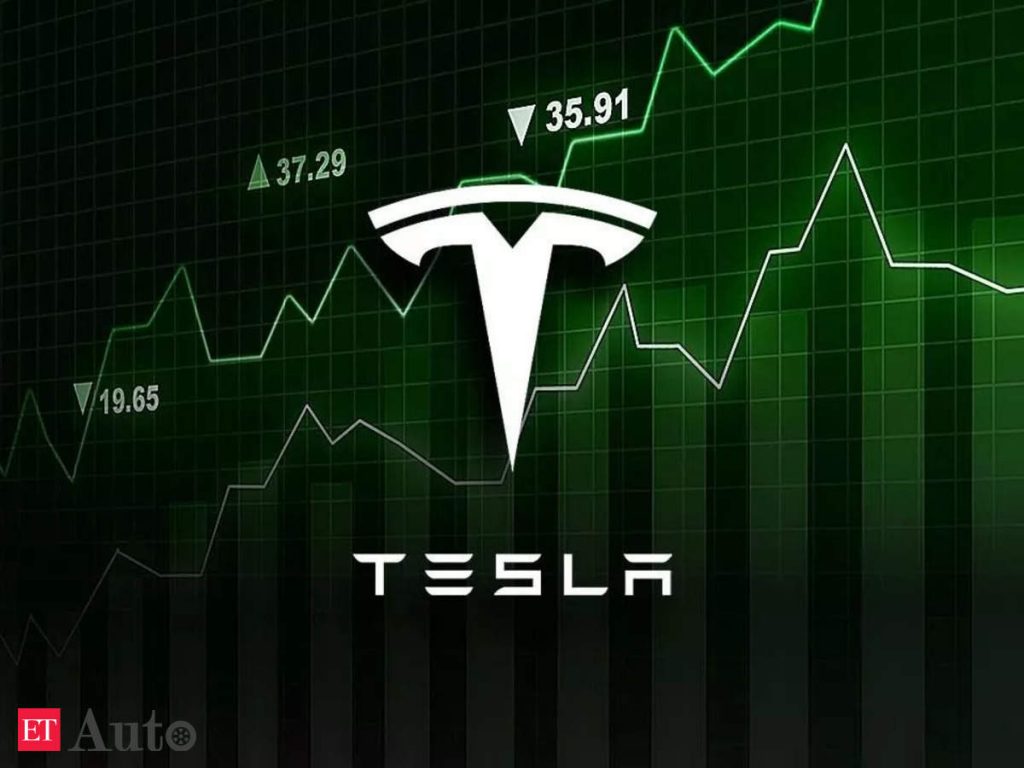Elon Musk, the world’s richest man and CEO of Tesla, has said that he will pay more than $11 billion in taxes this year, perhaps breaking the record for the highest annual tax paid by a single person.
Musk, who was accused earlier this year of paying no federal taxes in 2018 despite having an estimated $243 billion (£185 billion) in assets, said that after selling millions of Tesla shares, he would pay the insanely high tax bill this year. It comes after Senator Elizabeth Warren referred to Musk as “the world’s richest freeloader” last week.
Since early November, when he asked his Twitter followers if he should sell 10% of his Tesla holdings, Musk has sold almost $14 billion worth of Tesla stock. Nearly 60% of his 67 million Twitter followers said he should sell the stock. As a result, sales taxes are expected to be in the range of $11 billion to $12 billion.
Regardless of the votes, Musk would have had to start selling down his 23% ownership in Tesla since he faced a huge tax bill on share options he received in 2012 that was slated to expire in August 2022. He must pay tax on the gain to exercise his options.

Musk’s tax payments have become a political controversy in the US, as the billionaire’s wealth stems from Tesla bonus share awards and the company’s share price gain, rather than a salary or bonuses.
According to a ProPublica research published earlier this year, Musk paid a “true tax rate” of 3.27 percent between 2014 and 2018, and no federal taxes at all in 2018.
Warren, a progressive Democrat senator who has long fought for tax measures to ensure that the ultra-wealthy pay more in taxes, questioned Time magazine’s selection of Musk as its Person of the Year last week.
“Let’s change the rigged tax code so The Person of the Year will actually pay taxes and stop freeloading off everyone else,” she tweeted.
“If you opened your eyes for 2 seconds, you would realize I will pay more taxes than any American in history this year,” Musk responded.
Tesla stock has fallen by roughly a quarter since Musk’s tweet about selling his stock. They dropped another 3% on Monday. The company’s share price has dropped to little over $900 billion, a drop from the trillion-dollar valuation in October.
Guggenheim Partners analysts warned investors on Monday that Tesla’s share price may suffer as more competitors enter the electric and autonomous vehicle (AV) market at lower pricing.
“We believe EV adoption may fall short of industry forecasts, particularly in the US due to a less onerous regulatory backdrop and limited product launches in key market segments,” the Guggenheim analyst Ali Faghri said.
“We also believe Tesla’s scarcity value from a stock perspective is waning, with significantly more EV and AV-focused companies going public over the last 12-18 months, giving investors more options at lower valuations to get exposure to secular growth in EVs and AVs.”


